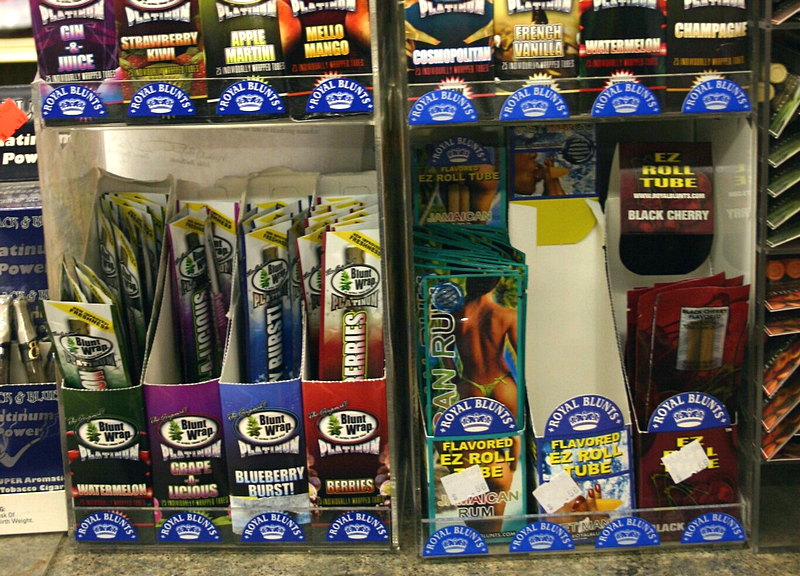California voters supported a ban on the sale of flavored tobacco products on Tuesday. The law prohibits retail locations and vending machines from selling products such as menthol cigs, grape Backwoods, and most Swisher Sweets across the state. It does not place any restrictions on the consumption of those products however.
The law was previously approved by the California State Legislature in 2020 but was put on hold after facing stiff opposition from the tobacco industry. This tactic allowed for flavored tobacco products to be sold for an additional two years after the state banned them. In that time, major tobacco brands collected hundreds of millions of dollars in profits, according to the Yes on Prop 31 campaign.
Supporters of the ballot referendum known as Prop 31 say that flavored tobacco products mask the unpleasant taste of tobacco, making them especially attractive to underage users and young adults. They also blame the tobacco industry for aggressively marketing menthol products to Black smokers; contributing to tens-of-thousands of unnecessary Black deaths annually.
Surprisingly, anti-smoking groups outspent the multi-billion-dollar big tobacco industry by tens of millions of dollars to pass Prop 31. Support for the bill was largely fueled by the deep pockets of billionaire and former Mayor of New York City, Michael Bloomberg, who spent tens of millions of his own money to uphold the law.
Opponents of Prop 31 argue that there is already a law in place to prevent kids from using tobacco products and it will hurt small businesses.
“I lose close to eight to ten percent in sales,” says Rubal Singh, owner of Hope’s Liquor in Historic Filipinotown. Singh estimates that roughly 60 to 70 percent of the tobacco products that he sells will have to come off his shelves when the ban kicks in.
“On top of that you’re creating a black market,” he adds
Singh isn’t planning on continuing to sell flavored tobacco products when the law goes into effect but he knows other shops will take the risk. There’s little in place to stop someone from driving out of state to purchase products that are illegal to sell in California. Singh wonders who will enforce the new law… the health department? The Bureau of Alcohol, Tobacco, Firearms and Explosives (ATF)?
Singh recognizes that he’s in a more privileged position than, say, a wholesaler who has built an entire business around flavored tobacco profits. Profit margins on tobacco products are already slim; most of the money goes to the corporations that produce and market them, and taxes, he says. He plans on finding a new revenue stream to make up for the ten percent he projects to lose on tobacco.
Community-members have long worried that a ban on flavored tobacco products will create a “black market,” leading to more unnecessary interactions between communities of color and law enforcement.
“It’s no different than when they banned alcohol in the prohibition era,” a South L.A. resident told us back in 2019 when the county was considering a similar ban on flavored tobacco. “We’re going to have young kids out here selling loose cigarettes for $2 a pop.”







